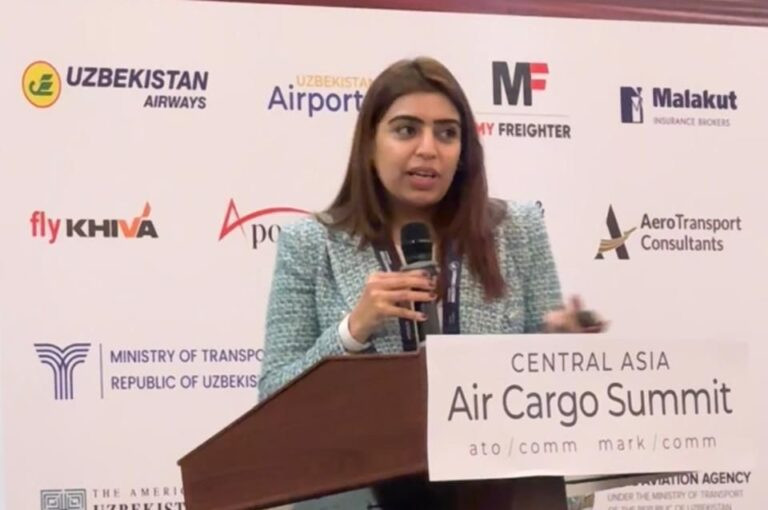Marketing is no longer a supplementary function for the air cargo industry— it is becoming a cornerstone of operational strategy and competitive differentiation, as the sector embraces innovative marketing techniques to redefine its role, engage customers, and build long-term brand equity.
Bhavana Khera, Head of Marketing at CargoFlash, highlighted the transformative potential of marketing in the air cargo sector” “Marketing is not just about visibility; it’s about creating value, building trust, and ensuring customers see us as partners in their success.
“In a world of heightened competition and complex supply chains, airlines and freight forwarders must embrace marketing as a core driver of growth.”
Shift in perception
Traditionally, air cargo has operated in the shadow of passenger aviation, with minimal emphasis on branding and customer engagement. However, the rise of e-commerce, the increasing complexity of global supply chains, and heightened customer expectations for transparency and efficiency have forced the sector to rethink its approach.
Marketing now plays a pivotal role in reshaping the narrative around air cargo, positioning it not just as a logistical necessity but as a strategic partner in global trade. Airlines and freight forwarders are investing in sophisticated marketing campaigns, using digital platforms, content strategies, and customer-centric approaches to highlight their capabilities and build trust.
“Today’s customers demand more than just reliability; they want engagement, transparency, and innovation,” Khera noted. “Effective marketing helps us communicate these values and differentiate ourselves in a crowded marketplace.” Strategic imperative A key trend driving this transformation is the adoption of omni-channel marketing, which creates an integrated experience across multiple touchpoints.
For air cargo operators, this approach is no longer optional but essential to meet customer demands for accessibility, transparency, and seamless engagement. From interactive websites and mobile apps to social media platforms and personalised email campaigns, omni-channel marketing enables logistics companies to connect with clients at every stage of the supply chain.
These channels also provide opportunities for real-time communication, fostering stronger relationships and ensuring customers feel valued.
“Omni-channel marketing isn’t just about being present everywhere— it’s about being relevant everywhere,” Khera explained.
“By integrating our messaging across platforms, we ensure a consistent and meaningful customer experience, which in turn drives loyalty and trust.”
Engagement and loyalty
One of the most significant benefits of innovative marketing is its ability to enhance customer engagement and foster brand loyalty. Airlines and freight forwarders are using data-driven insights to understand their clients better, tailoring their services and communication to meet specific needs.
For example, targeted campaigns highlighting time-sensitive delivery solutions or sustainable freight options resonate with customers who prioritise efficiency and environmental responsibility. Similarly, the use of storytelling—sharing case studies, success stories, and behind-the-scenes content—helps humanise the brand and strengthen emotional connections with clients. “Loyalty is earned through trust and understanding,” Khera said.
“Marketing allows us to show our customers that we not only understand their challenges but are committed to solving them.” Competitive advantage In a sector characterised by thin margins and intense competition, marketing offers a powerful tool for differentiation. Airlines and logistics companies that invest in innovative marketing strategies are better positioned to attract and retain clients, expand their market share, and drive revenue growth. Khera emphasised that marketing is not a one-size-fits-all solution but a tailored approach that aligns with an organisation’s goals and values.
“The most successful campaigns are those that reflect a company’s unique strengths and resonate with its target audience,” she said. While the benefits of transformative marketing are clear, the air cargo industry faces challenges in adopting these strategies. Limited budgets, resistance to change, and a lack of expertise in digital marketing can hinder progress. However, as more companies recognise the value of marketing, investment in talent, technology, and training is expected to grow.
Khera concluded with a call to action: “Marketing is not just an expense— it’s an investment in the future. For the air cargo industry, the ability to adapt and innovate will define our success in an increasingly dynamic global market.”





